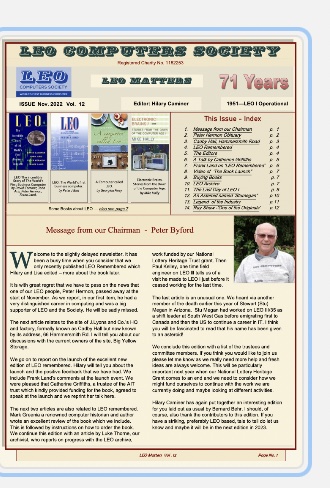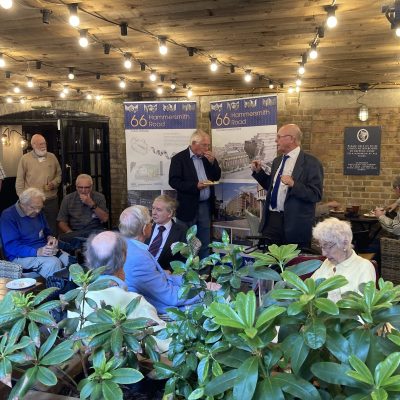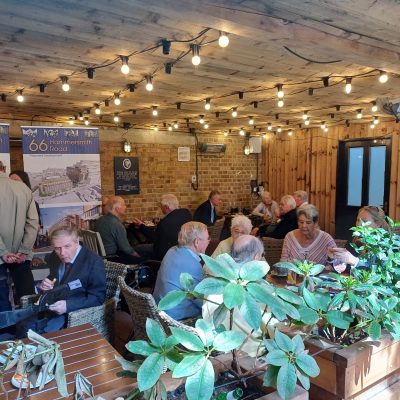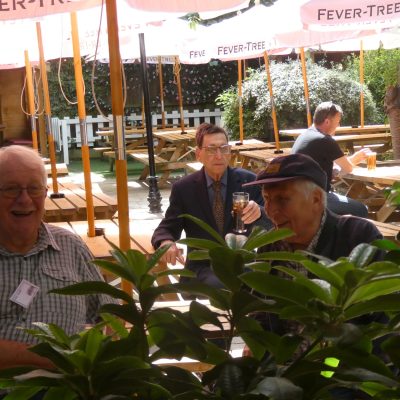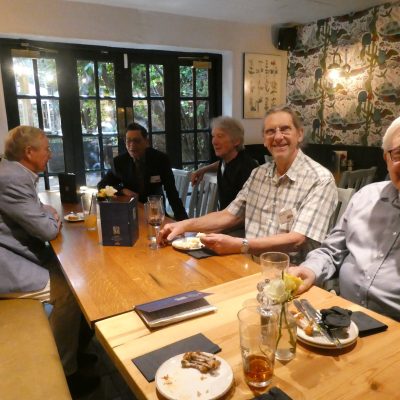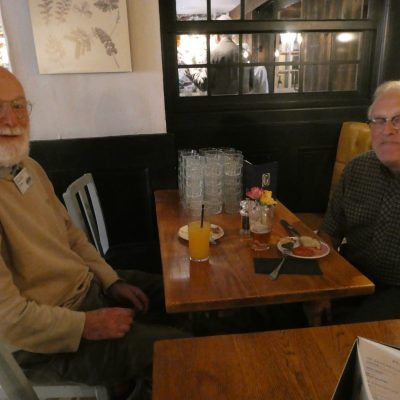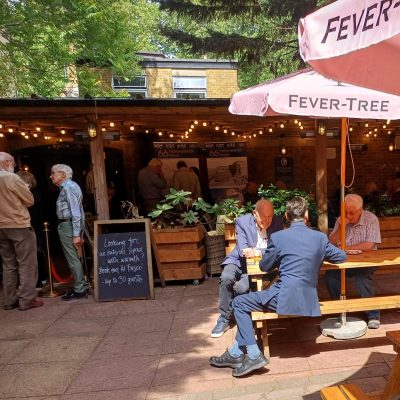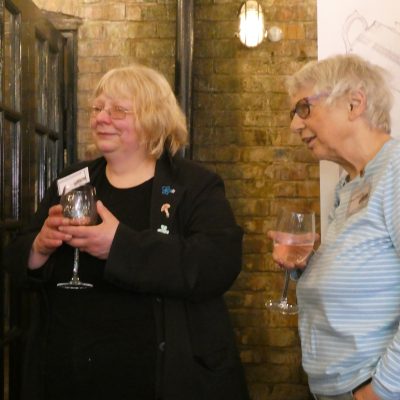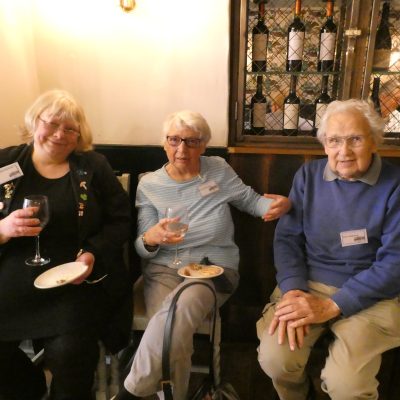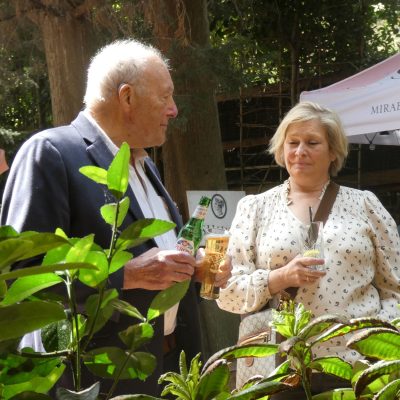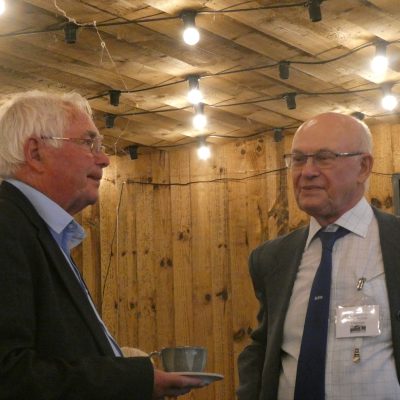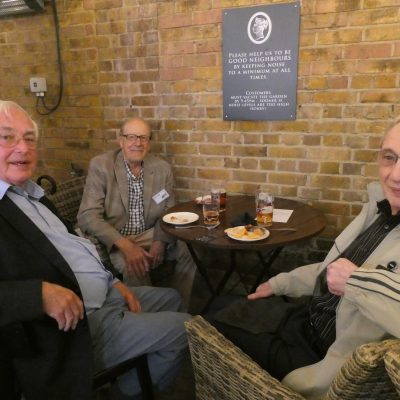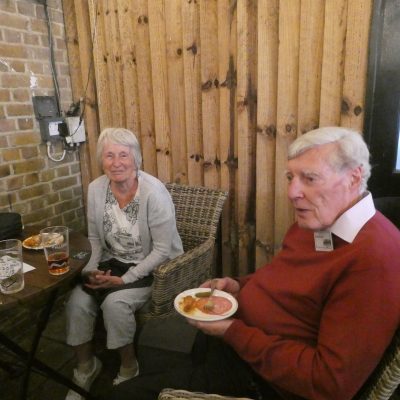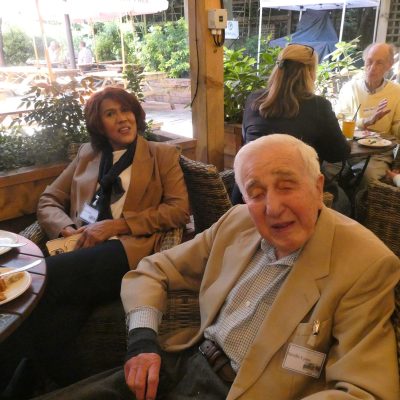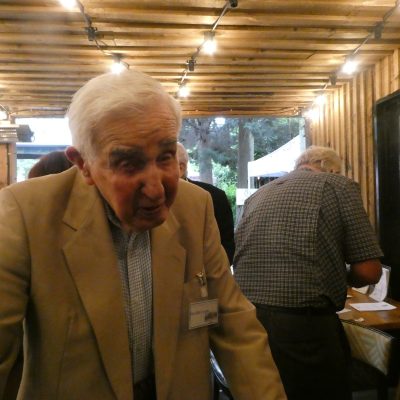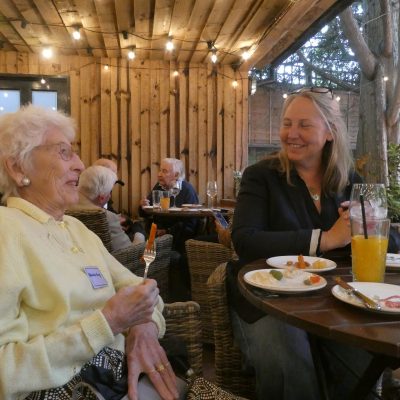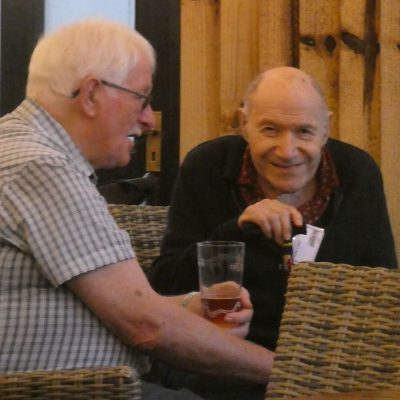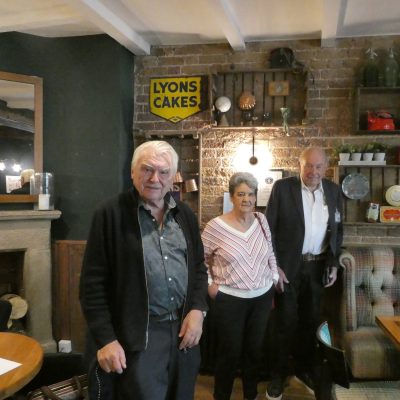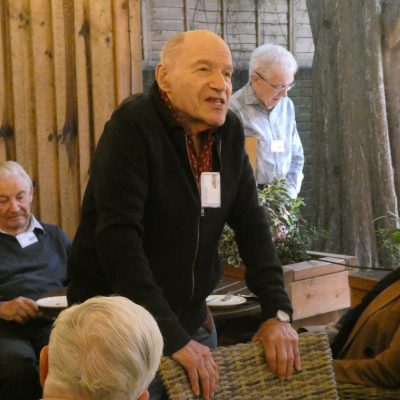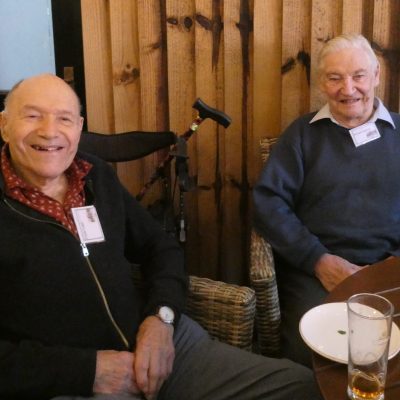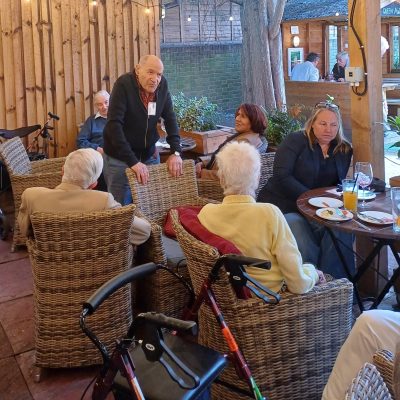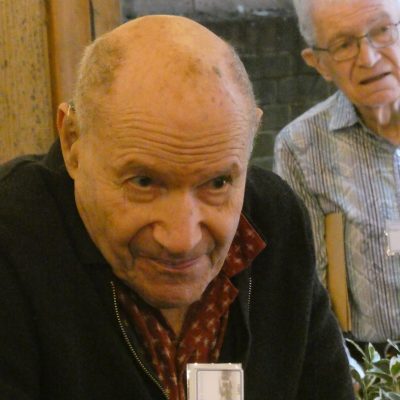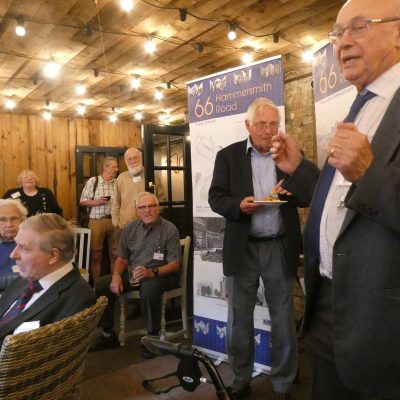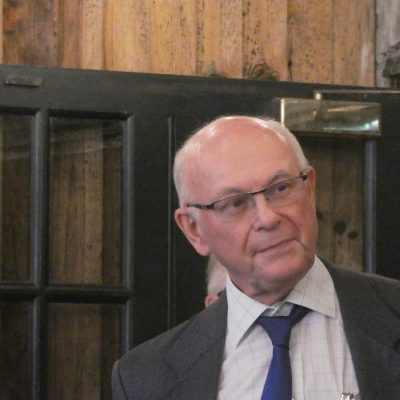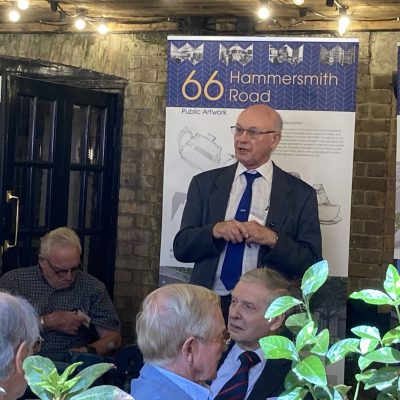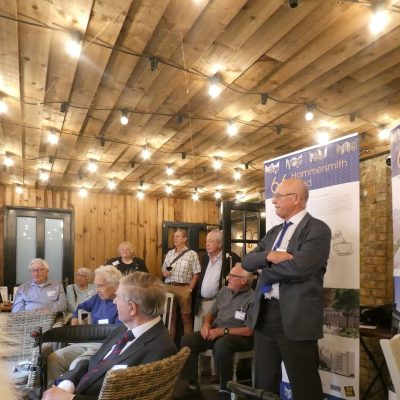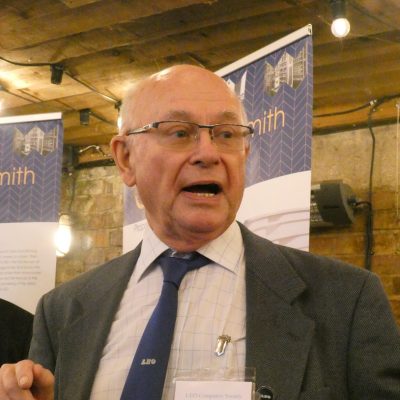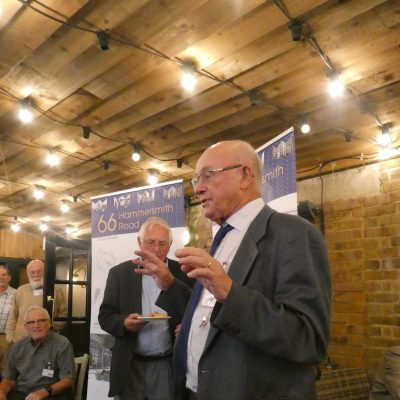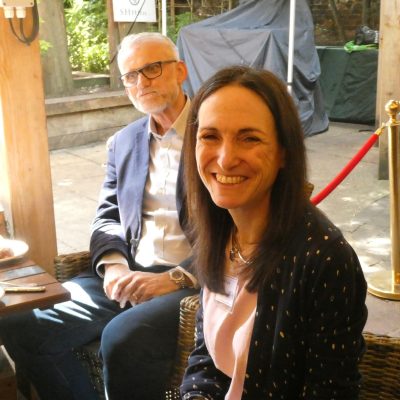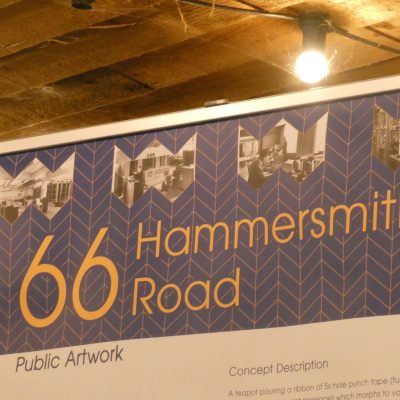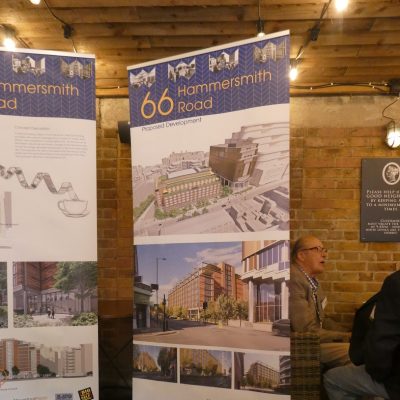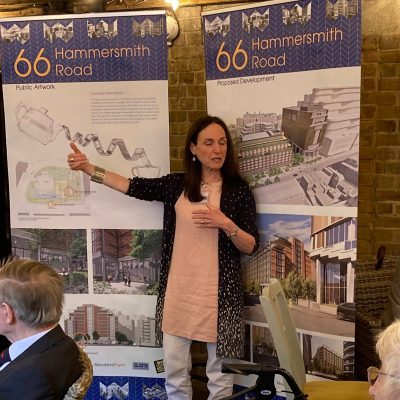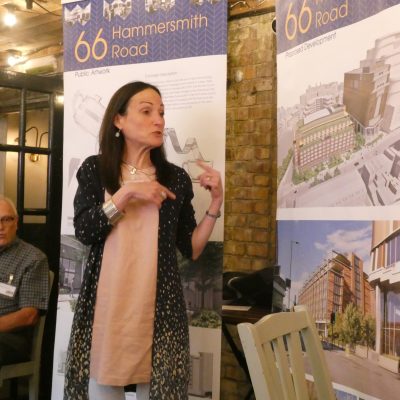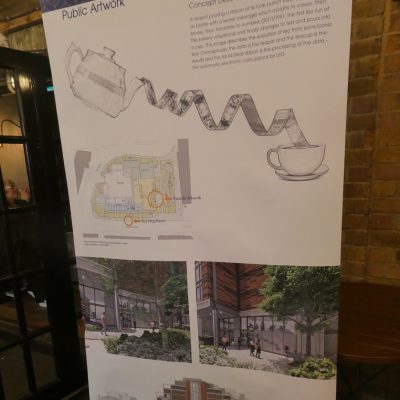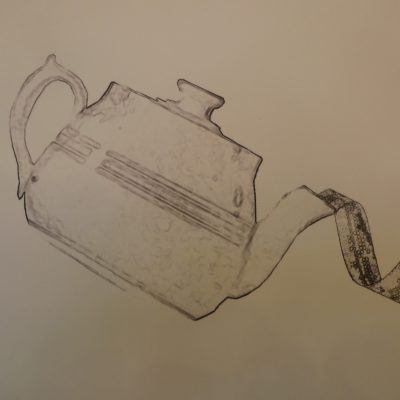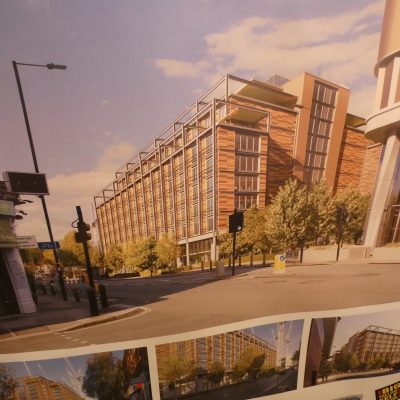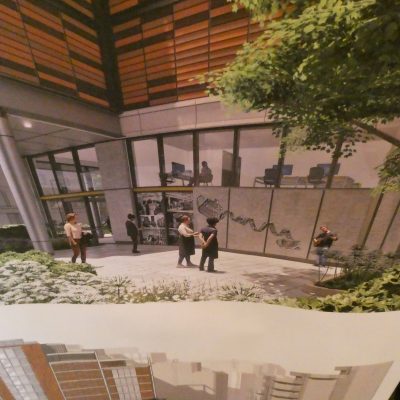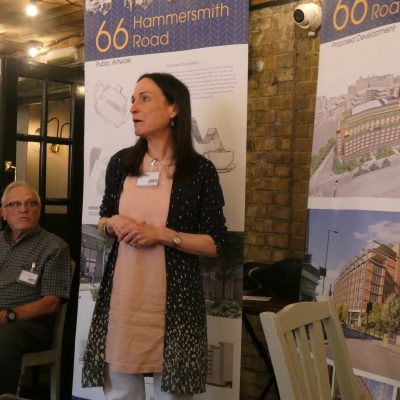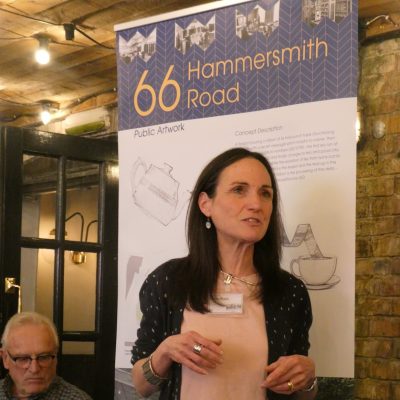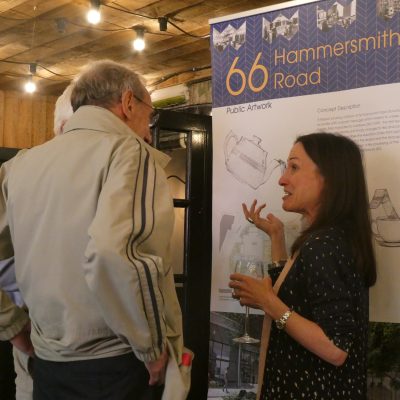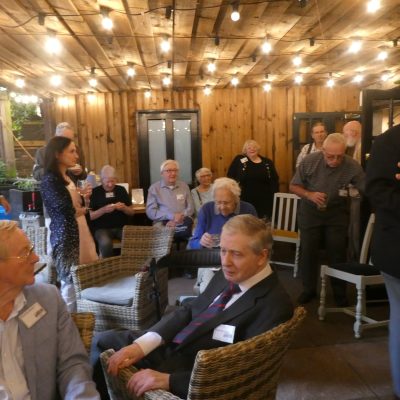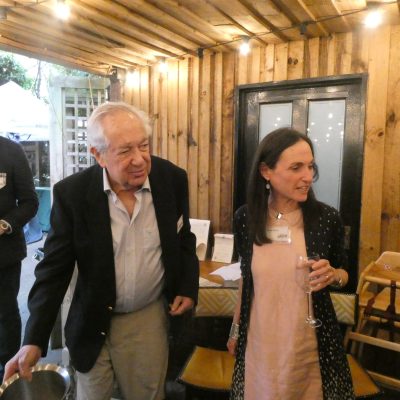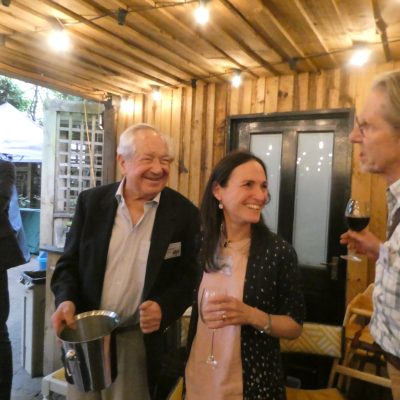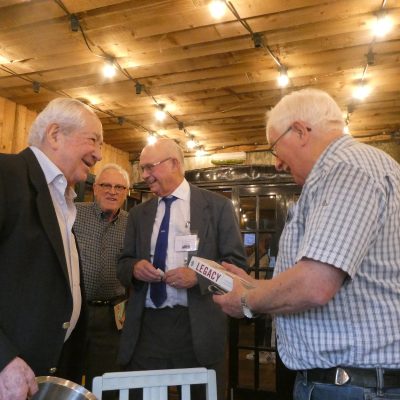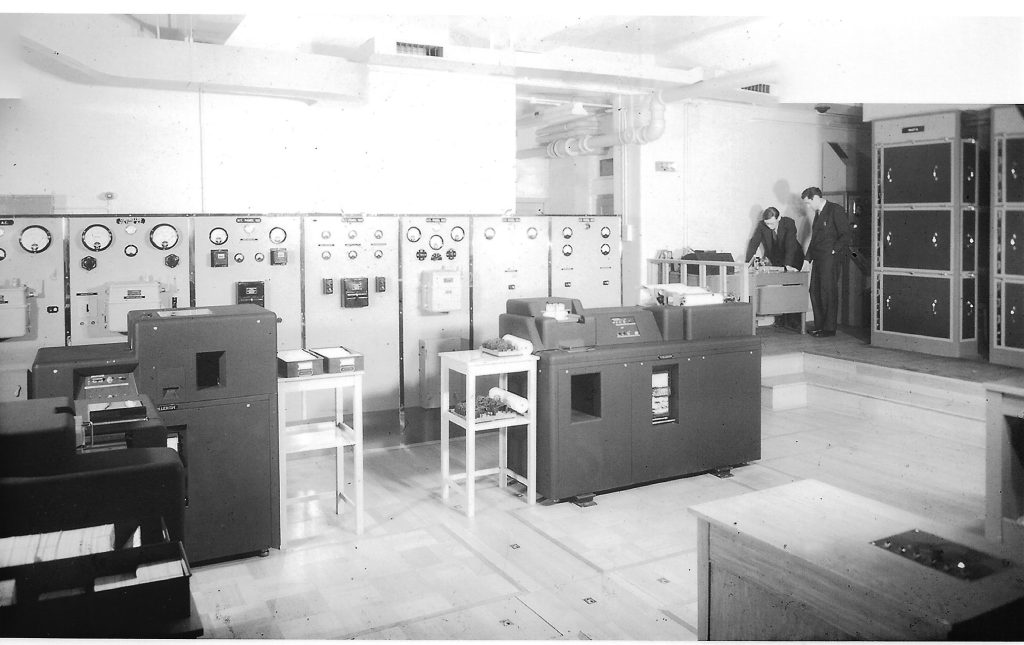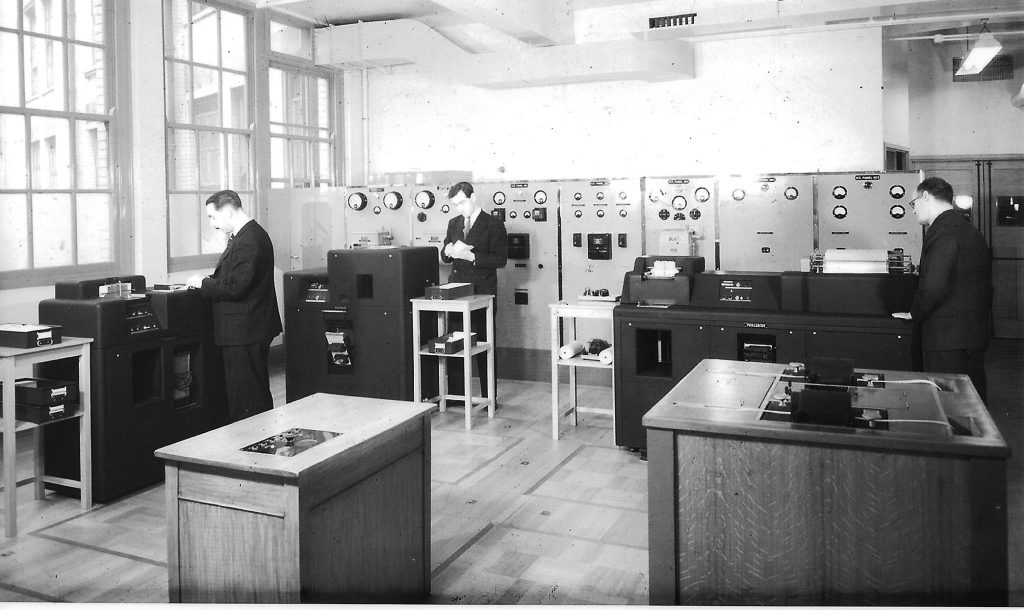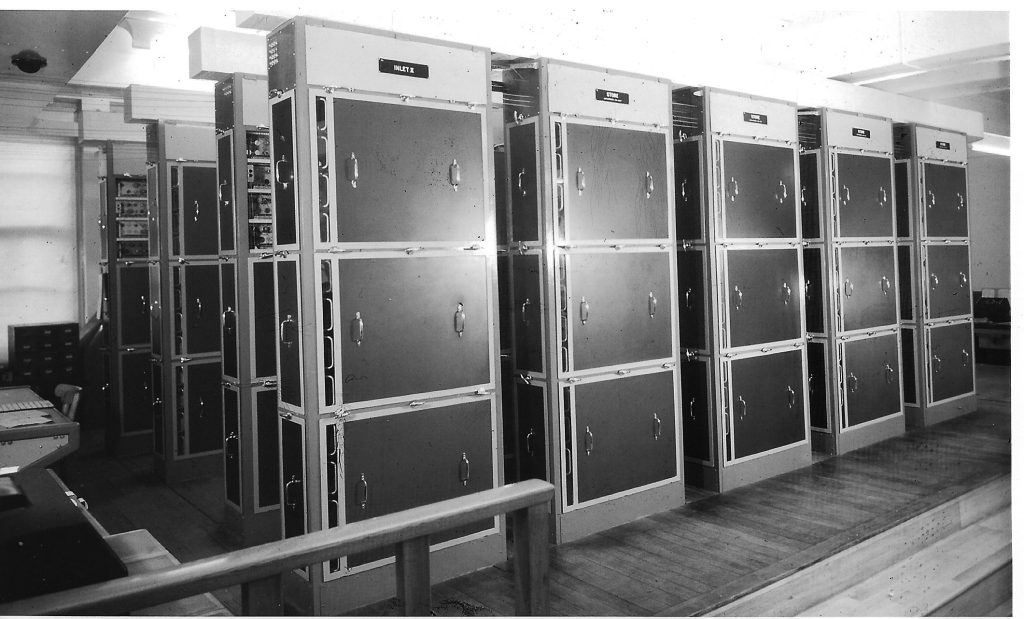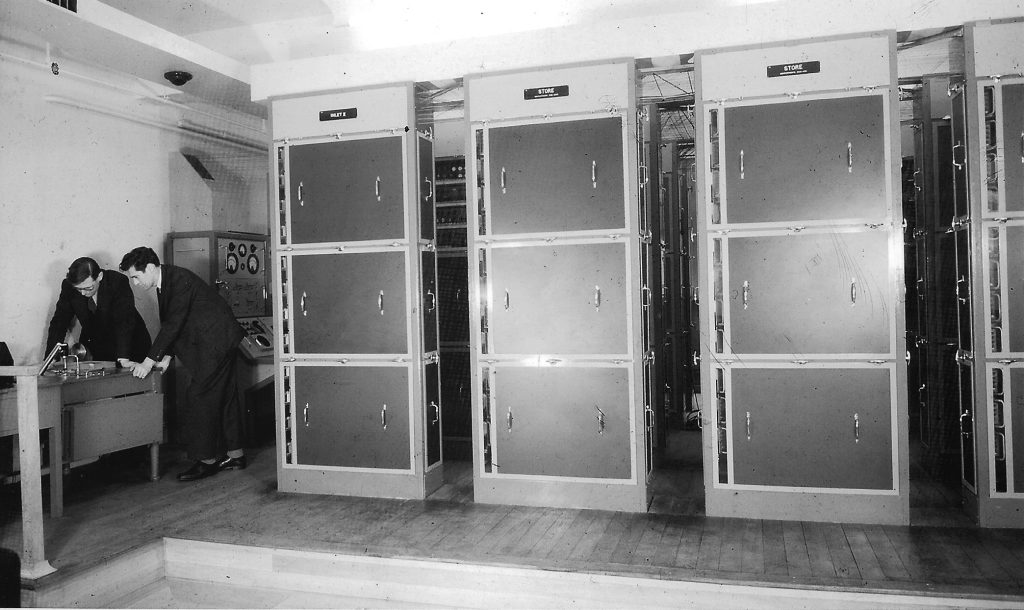LEO was developed from the Cambridge EDSAC between 1949 and 1951 and ran the first commercial data processing job in the world, the bakery valuation in November 1951. The LEO was developed by John Pinkerton and his team at Cadby Hall, Hammersmith, London which was Joseph Lyons and Company’s main offices and manufacturing facilities. Pinkerton didn’t just copy EDSAC but he re-engineered it substantially to improve reliability and maintainability, vital for commercial computing, and to provide buffers on slow peripherals like paper tape, card readers and printers so that the peripherals could be run at full speed and be overlapped with processing.
The LEO Computer Society will be creating a series of events during 2026 to celebrate the event and to inform the public of the remarkable British Innovations during the 1950s which will be announced here, on Social media and in in the Press
Another innovation in 1950 was the introduction of the Ferranti Mark 1 computer, the first computer available commercially developed by the Manchester electrical engineering company Ferranti in conjunction with Manchester University. This computer addressed requirements in the technical and science field and, although it was not known at the time because of secrecy it was a direct result of work done at Bletchley Park and the development of the Colossus in WW II. The team at Manchester included Max Newman and Alan Turing, ex Bletchley Park and Freddie Williams and Tom Kilburn, from the University who developed the Williams tube an early form of Computer Memory.
In November 2026 LEO will have its 75th birthday Read More »
.
Thoughts, lessons and anecdotes from over fifty years as a
database teacher, writer, and researcher
Chris Date LCS member and LEO Computers Employee in 1962
Zoom forum June 18th 2025 at 17.00 BST
Hosted by the LEO Computers Society, and with the invitation extended to anyone interested in the history of Information Technology
About Chris Date:
Chris is an independent author, lecturer, researcher, and consultant specialising in relational database systems. He was one of the first persons anywhere to recognise the fundamental importance of Ted Codd’s pioneering work on the relational model. He was also involved in technical planning for the IBM products SQL/DS and DB2 at the IBM Santa Teresa Laboratory in San Jose, California.
He is best known for his books, in particular An Introduction to Database Systems, 8th Edition (Addison-Wesley, 2004), the standard text in the field, which has sold around a million copies worldwide. He enjoys a reputation that is second to none for his ability to explain complex technical material in a clear and understandable fashion.
The LEO Computer Society is inviting you to a scheduled Zoom meeting.
Topic: Chris Date
Time: Jun 18, 2025 05:00 PM London
Join Zoom Meeting
https://us02web.zoom.us/j/84166245503?pwd=mKSgTtWRSEV7ls89pk2ZHvkEHgAuxZ.1
Meeting ID: 841 6624 5503
Passcode: 240727
Find your local number: https://us02web.zoom.us/u/kc4lPMoFqn
Chris Date -Zoom forum June 18th 2025 at 17.00 BST Read More »
LEO Matters Issue 17, May 2025 has been published and circulated to Members and others. It can be downloaded by following the download link on this page .
View PDF
LEO Matters issue 17, May 2025 Read More »
LEO Matters Issue 16, November 2024 has been published and circulated to Members and others. It can be downloaded by following the download link on this page .
LEO Matters issue 16, November 2024 Read More »
Books
We have three books about LEO available for you to buy directly from us – all proceeds go towards supporting the Society’s ongoing work. Once you request a book we will work out the postage costs for you based on delivery address.
1. Peter Bird’s hardback ‘LEO, The first Business Computer’ was published in 1994 and gives a very thorough history of the origins and development of LEO. £10. I would like to discount this down to £5 as copies are now showing signs of their age!
2. Georgina Ferry’s paperback ‘A computer called LEO’, first published 2003, is a less technical account of the history of LEO set in its social context. £8.
3. ‘LEO Remembered – by the people who worked on the world’s first business computer.’ This is an anthology of over 80 reminiscences by LEO people illustrated with contemporary photographs. We launched our new edition in September 2022 and are delighted that it received excellent reviews. £8.
Books about LEO available for Sale Read More »

